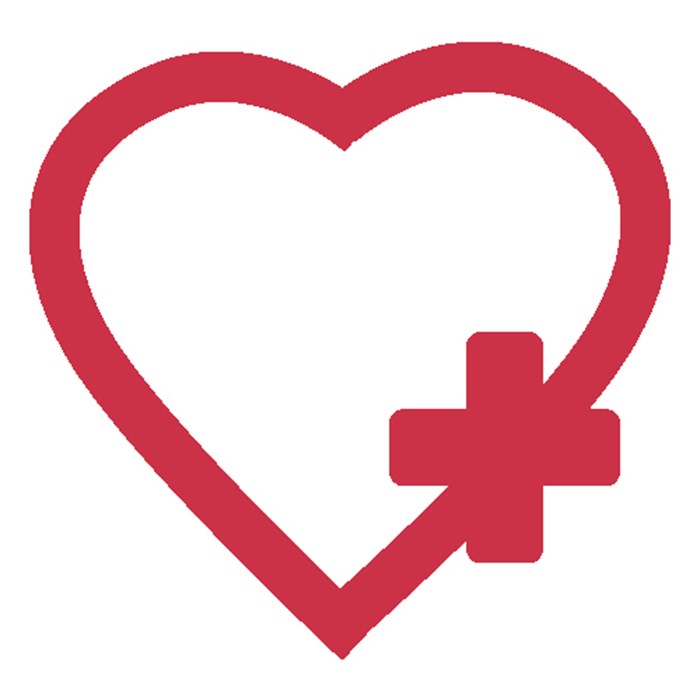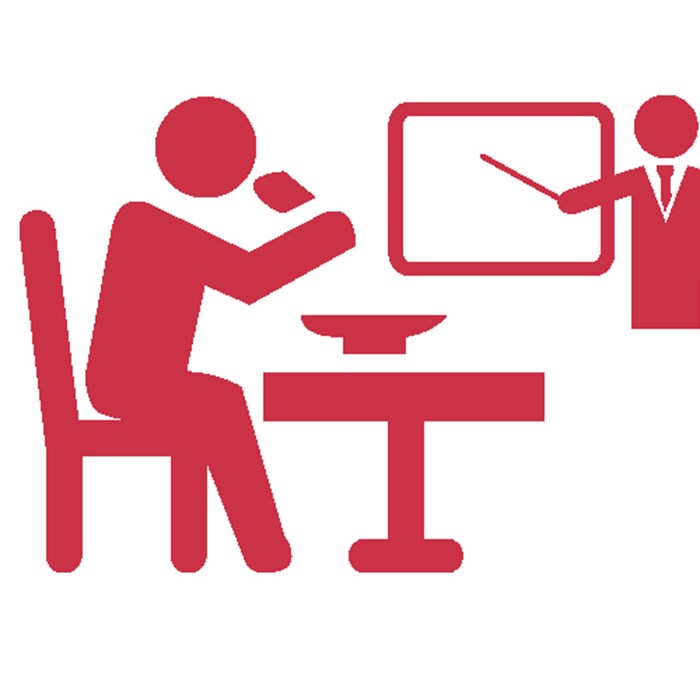We know that 1 in 4 of us will experience a mental health problem each year. Team Demelza consists of over 1,300 people so that could equate to around 325 of us who may be affected by a mental health condition this year. Stark facts are they not?
The World Health Organisation states “Misunderstanding and stigma surrounding mental ill health are widespread. Despite the existence of effective treatments for mental disorders, there is a belief that they are untreatable or that people with mental disorders are difficult, not intelligent, or incapable of making decisions.”
It is no surprise then that many of us find our experiences hard to share, might feel ashamed, or may try so hard to cope alone that we do not recognise the impact of any changed behaviours we may exhibit on our nearest and dearest and/or our work colleagues. At Demelza, we know that we can all help, whatever our role. Seeking help as early as possible is very brave and each one of us can actively encourage others to do this. Recognising what works for you is key; it might be walking the dog, chatting to a friend, time together as a family, or taking a relaxing bath. One of the best pieces of advice I ever had was to give myself “permission” to take a little chill time and “be nice to myself”. It was actually a Demelza colleague who said this to me many years ago; I have never forgotten it.
My experiences:
My own experience was after some significant bereavements in my life in quick succession followed by a further crippling illness and subsequent bereavement. The impact of three significant losses of people who I thought would only die when they reached old age was devastating for me, and of course, everyone around me. I couldn’t talk about those we had lost for years in case my overwhelming sense of loss and panic came out – I was worried I would start to cry and never stop. So I did what I thought good people should do and soldiered on; worked excessive hours; when I wasn’t working I was trying to be the good mother that I felt I wasn’t; trying to support others who could not be consoled – I had to be strong. And so it went on…….. for years.
Eventually, I did seek help with my GP, who was understanding, gave me tablets and advised counselling. To my surprise, it did help. Just opening my mouth and saying what I felt was cathartic. There was no big cure, no “lightbulb” moment, but I didn’t go green and burst out of my shirt either! Gradually I returned to being me in a world that looked and felt very different, but I was still me. Like all of us, I have lost those people but how lucky was I to have had them in the first place? Not only that, I have the most amazing family, friends, animals and I know you may think “she’s got to say that” but I really do love my job and am inspired by those around me who work so hard.
My only regret was that I didn’t seek help sooner. I could have saved myself a lot of distress if I had. By trying to protect those around me and just keep going I probably hurt them more. They say hindsight is a wonderful thing and indeed it is; but being able to signpost others who may be suffering similar anguish is a beautiful thing. Perhaps most importantly of all - recognising ourselves as a fallible being who needs and deserves to be respected and looked after is the most valuable learning of all for each and every one of us.
What are Demelza doing to support Mental Health?

We offer training to every staff member to help them identify and support mental health problems in the workplace for themselves and others.

We want our hospices, offices and shops to be healthy workplaces, and employee wellbeing is central to this. Our Employee Assistance Programme (EAP) offers a range of online benefits and services, a 24/7 emotional support helpline and telephone counselling service.

Learning opportunities are available for staff to attend where we share knowledge, skills and hobbies with others – great fun and who knew we had so many experts on so many things!

Flexible working requests to ensure staff can maintain a good life balance, coupled with the needs of our working roles.

Cycle-to-work and bike purchase schemes, ensuring our staff can get outdoors, enjoy the fresh air and improve their mental health.

Wellbeing cafe drop-in sessions, giving our team a safe space to speak about their mental health.